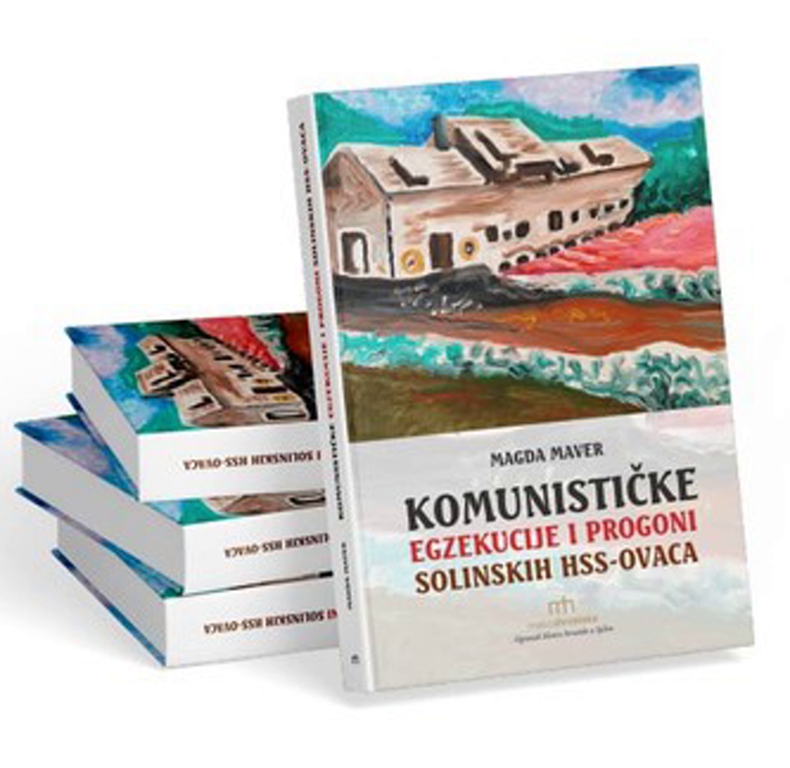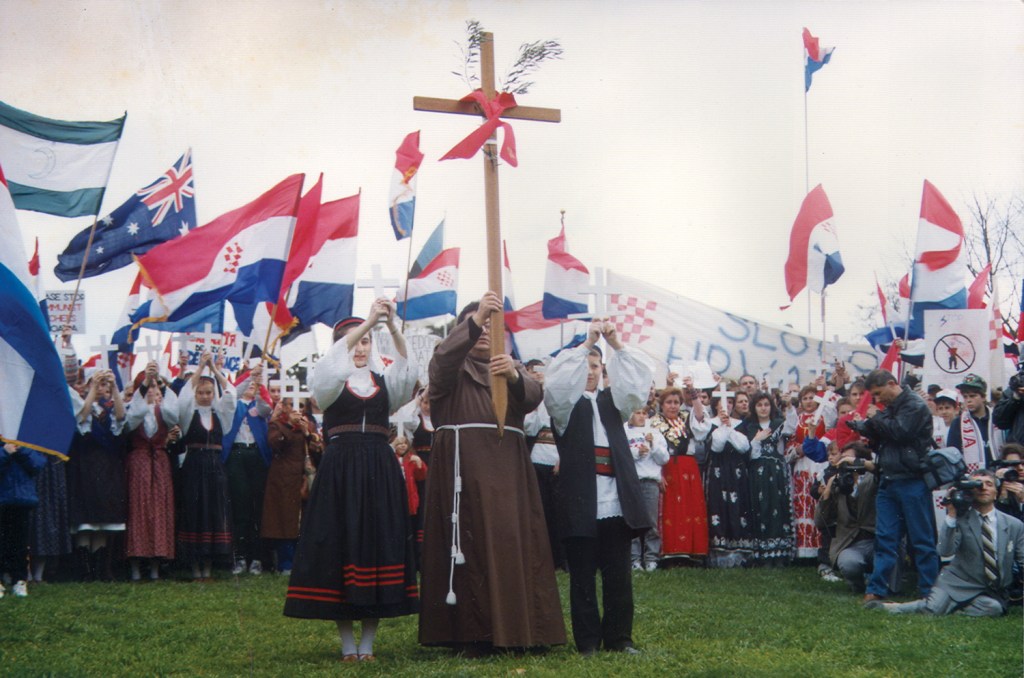
Like many throughout the world I sat for hours watching the live streaming of the Croatian generals’ Appeal hearing in the ICTY, Monday 14 May. Had I not heard the Appellants’ defence arguments first, had I tuned in at the point of prosecution’s arguments I could have easily concluded that the reason Operation Storm occurred in August 1995 was to expel Serbs from Croatia.
The prosecution’s view is that Operation Storm was not a military offensive (to liberate Serb occupied territory) that brought about undesired consequences, but an attack aimed at deporting the Serb civilian population out of Croatia. They said some 20,000 Serbs left Krajina due to fear from shelling by the Croatian Army. They argued that the transcripts from Croatian leadership meeting at Brijuni (July 31, 1995) and the events when Croatian army targeted whole towns for shelling where there were both civilian and military targets supported the prosecutions claim of joint criminal enterprise to drive Serbs out.
When asked by Presiding Judge Theodor Meron about the defence claim that there had been no civilian casualties during the shelling, the prosecution said that there was no need to prove that there had been civilian casualties because several witnesses said during the trial that they had seen dead bodies and wounded people in the streets of Knin.
The problem with these cited witness statements is that they had not been tested in court, nor had the credibility of the witnesses been tested; the Trial Chamber simply accepted as fact statements of witnesses who merely said that they saw some bodies lying on the streets of Knin, without proving that those bodies were in fact dead people and that, if they were dead, they were killed by the shelling… Gotovina’s defence attorney Luka Misetic brought the court’s attention to the fact that at no time, not even till today – 18 years after Operation Storm – had anybody come forth saying that a person they knew or was a family member had been killed in the shelling of Knin. Simply there were no civilian casualties from that shelling.
The prosecution pressed on with its case, saying that even if the Appeals Chamber should decide that Croatian artillery attacks during Operation Storm in the summer of 1995 were not illegal, it should rule that Croatian army did set out to expel Serbs from Krajina under joint criminal enterprise that had that goal.
Gotovina’s defence attorney Greg Kehoe challenged the use of t so-called “200-metre rule” by the Trial Chamber (2011) to determine whether artillery shells were aimed at military or civilian targets. The Trial Chamber had ruled that any shells falling more that 200 metres from a military target were aimed at civilians and Kehoe said that the Trial Chamber had introduced this rule after the prosecution failed to prove civilians were targeted.
Gotovina’s defence team sought the quashing of his convictions.
There’s no dispute that shelling was legal, it was a military operation to liberate occupied territory – legal operation whichever way one looks at it.
General Mladen Markac defence attorney John Jones said that a conclusion on the existence of a joint criminal enterprise aimed at the persecution of the Serb population could not be drawn from the transcripts of the Brijuni meeting. He said that all conclusions from the trial chamber’s verdict about the persecution of civilians were based on the conclusion on the illegal shelling, stressing that if there had been no illegal shelling, there had not been a joint criminal enterprise either.
The Appeals Chamber of the International Criminal Tribunal for the former Yugoslavia (ICTY) said on Monday, after a day-long appeal hearing, that a verdict would be handed down soon, adding the the key point would be the reasons for the departure of the Serb population from the territory which was under their control until the 1995 Operation Storm.
General Ante Gotovina and Mladen Markac were given the opportunity to address the court themselves and this is what they said:
Gotovina spoke in the French language: “During my entire military career, I endeavoured to perform my duties dignifiedly and honourably, and have always given my all as a commander and soldier in order to protect civilians. As a commander I am proud of the results of the Operation Storm. I’m proud not only because we won but because the damage to the civilians and their homes was minimal. As a man I very much regret every lost life and damaged property. I cannot, however, be responsible for that which others have done or omitted to do while I was away in Bosnia.
Even to this day I am convinced that I have fulfilled my duties in the best possible way. We were in a battle for life and death with the enemy, fought so we could liberate our country. We tried hard to maximally protect the lives of soldiers and civilians. If I made mistakes, such as refusing to give myself up to the court, I am the first to regret that. I am not saying that I am without sin, but I hope I will not be judged for not being perfect. But, even if you conclude that I had made wrong decisions you will not establish that I had ever wanted or agreed to that any soldier or civilian should be killed because he/she was a Serb or belonged to some other national group.
I am conscious of and content that my actions during Operation Storm were correct and my commands are witness to that fact. Therefore, I do not seek any favours from you, nor do I ask you to do anything other than what my defence has asked of you in my name. I live with the feeling of satisfaction that my actions were in harmony with the actions of an honest and diligent military officer who had given his all in hard circumstances.
If this Chamber could simply examine my actions in that context, I will be content and would not ask anything else”.
Markac spoke in the Croatian language: “I am surprised at the statements made about Storm that were not based on facts. Moved by the attempts to reshape the facts from the Homeland war I want to say that I am not a member of a joint criminal enterprise nor am I a war criminal. I have heard about existence of a joint criminal enterprise for the first time during these proceedings. Neither the representatives of the European Union or anyone from Croatia had shown me that joint criminal enterprise exists. Never had anybody shown me illegal actions by members of the special police MUP, whose professionalism makes me especially proud. I have not committed nor hidden any crime because that is not my way of viewing life. I am a police-military officer who has performed the tasks given to him by the Minister of internal affairs of Croatia responsibly. My job was to defend and liberate illegitimately occupied Croatia.”
Ina Vukic, Prof. (Zgb); B.A., M.A.Ps. (Syd)








Leave a reply to Ante Gotovina’s ICTY Appeal: Impermissible acts by the Prosecution – Croatia, the War, and the Future Cancel reply